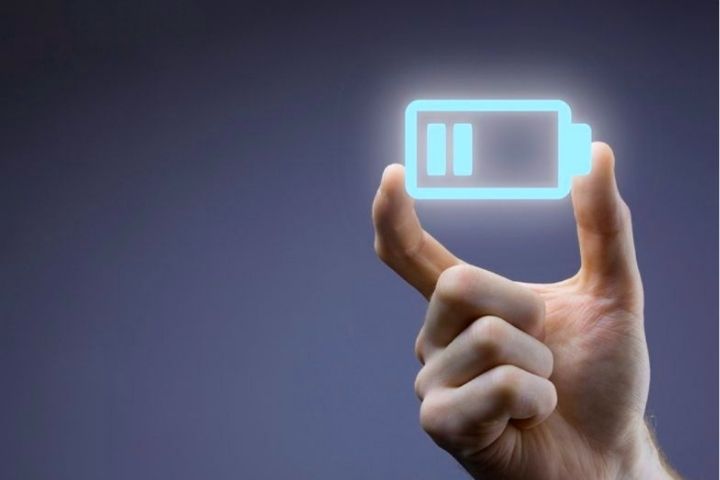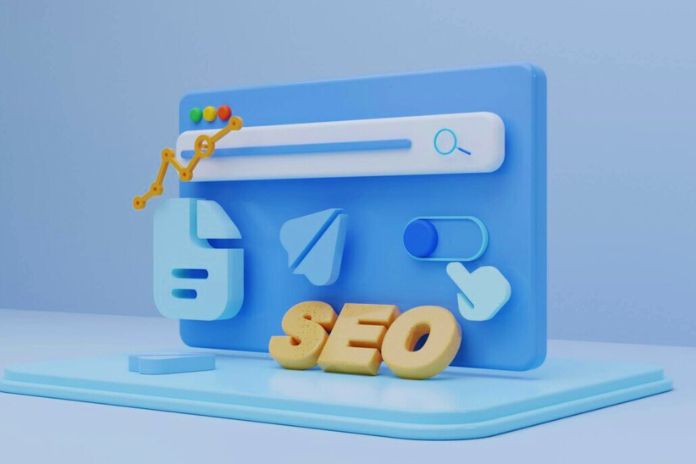Lithium-ion batteries are used for a massive number of applications, from mobile phones to electric cars. Lately, researchers around the world have realised that there are a lot of limitations to this type of battery technology that a lot of companies decided to start developing new battery technology.
New discoveries are made in the field almost every day, and we can see that lithium-ion batteries will become a part of the past in the next couple of years. This is mostly because consumer electronics are advancing at an unbelievable pace, and the only limitation is the power they can get from the energy source (lithium-ion batteries currently).
The combination of electromobility (electric vehicles) and sustainable energy is what the whole world considers a model for the future. Internal combustion engines and the large emissions of CO2 have to lead to massive climate change and natural disasters. Electric vehicles have become widely accepted all around the world, but there are many limitations when it comes to batteries that switching from internal combustion to electric is taking way too long.
Sodium-Ion Batteries Will Replace Lithium-Ion Batteries Sooner Than We Thought
Sodium-ion rechargeable batteries will most likely be the next big thing when it comes to battery technology. It’s said that this type of battery is cheaper to produce and that it’s a safer and environmentally-friendly solution.
The research and development of sodium-ion batteries have made very impressive progress in the last couple of years. Although the research is focused on electric vehicle applications, it’s foreseeable in the future that this battery technology will be used for smartphones, laptops, tablets and other portable devices.
Lithium and sodium are very similar, and even though sodium doesn’t have the energy density of lithium, it’s a much more affordable alternative. Unfortunately, a lot more research has been focused on improving lithium batteries than developing sodium batteries, but there are groundbreaking discoveries and prototypes of sodium batteries made.
Currently, the prototypes of sodium-ion batteries have slightly lower performance than lithium-ion batteries. Because sodium-ion batteries are at an early phase of development, it’s almost certain that this battery technology will be replacing lithium-ion batteries pretty quickly. It’s only a question of how much better they’ll be than lithium-ion batteries.
The current disadvantage of sodium-ion batteries is that sodium is 3 times heavier than lithium. They’re also less powerful than lithium-ion batteries. Luckily, there’s research done that will improve the capacity of both lithium-ion and sodium-ion batteries. By using graphene electrodes instead of graphite, it might be possible to significantly increase storage capacities in both sodium-ion and lithium-ion batteries.
Cobalt-Free Batteries Will Have A Larger Energy Density And A Longer Lifespan
Although electric vehicles are widely-accepted as an eco-friendly alternative to vehicles with internal combustion engines, a very small portion of people realize that lithium batteries can’t be recycled a 100%. This brings up the question of whether electric vehicles pollute our environment less than before or more?
Cutting back on harmful emissions of CO2 definitely helps the environment, but how does the lithium battery affect the environment once it ends up in a landfill somewhere? Are soil pollution and water pollution less important than the air we breathe?
Because of these questions, scientists at SVOLT, that’s based in Changzhou, China, have discovered a way to manufacture cobalt-free batteries. Cobalt was the most harmful material in lithium-ion batteries, and once they removed it, it has become not only more environmentally friendly, but it has a much larger power density and lifespan than the lithium batteries used in electric vehicles. This means that vehicles can easily cover a range of at least 500 miles and it won’t take nearly as long to recharge the batteries completely.
This type of battery can find it’s way to be used in electric vehicles as well as consumer electronics. Mobile phones alone have evolved in the last couple of years unbelievably, and unfortunately, even though they offer much more, their batteries can’t hold more than one day. With a bigger screen, it’s even harder to maintain enough battery life to last from morning until dark.
Other Discoveries In Battery Technology Worth Mentioning
Sodium-ion batteries aren’t the only discovery in this field. Many researchers around the world are making groundbreaking discoveries in battery technology, and it’s only a question which will be available for commercial use first.
One of the best discoveries when it comes to batteries used for electric vehicles can be in production as soon as 2023. NAWA Technologies have discovered and patented the use of vertically aligned carbon nanotubes in batteries. This discovery can increase battery power, capacity and lifecycle significantly. The main use of this discovery will be in electric vehicles and with the use of this technology, it should be easy to achieve a 1,000km range. Also, the time needed to charge batteries that use aligned carbon nanotubes will be cut down to just 15 minutes!
Transparent solar chargers are also one of the most exciting things when it comes to discoveries related to batteries used for electric vehicles. The idea is that these chargers work the same way as regular solar charges do, but can be safely placed on car windows and panorama roofs. The commercialization of this technology is still far away, but it’s something that would change the way electric cars work and it will have a massive impact on the environment. By using solar chargers directly on electric vehicles, there’s going to be much less need for traditional chargers.












Leave a Reply